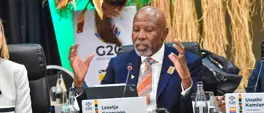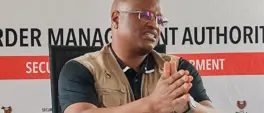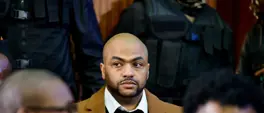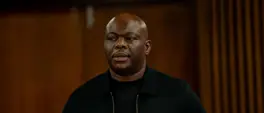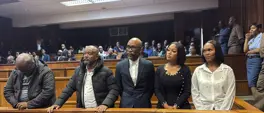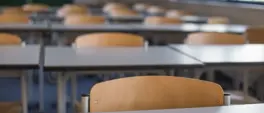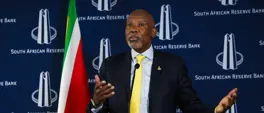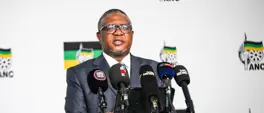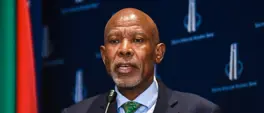Madlanga inquiry: Application for evidence to be heard in-camera won’t be granted easily
Orrin Singh
29 July 2025 | 5:59During a briefing in Sandton on Monday, the commission chair, Acting Deputy Chief Justice Mbuyiseli Madlanga, emphasised he would not easily entertain such applications.
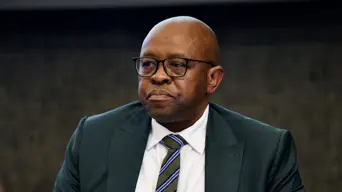
The chairperson of the judicial commission of inquiry into corruption within the criminal justice system, acting Deputy Chief Justice Mbuyiseli Madlanga, addressed a media briefing in Sandton, Johannesburg on 28 July 2025. Picture: Katlego Jiyane/EWN
JOHANNESBURG - Applications for evidence to be heard behind closed doors during the Judicial Commission of Inquiry into criminality, political interference and corruption in the criminal justice system will not be easily granted.
During a briefing in Sandton on Monday, the commission chair, Acting Deputy Chief Justice Mbuyiseli Madlanga, emphasised he would not easily entertain such applications.
ALSO READ:
- Madlanga Commission of Inquiry to work hard to meet deadlines set by Ramaphosa
- Members of the public to submit info, tip-offs to Madlanga Commission of Inquiry via online portal
The commission, established by President Cyril Ramaphosa, will probe explosive allegations of corruption and collusion within the criminal justice system, which were made public by KwaZulu-Natal Police Commissioner Nhlanhla Mkhwanazi earlier in July.
While certain evidence will be considered sensitive, specifically that relating to state security and crime intelligence, the Judicial Commission of Inquiry into the criminal justice system will not easily grant applications for evidence to be heard in-camera.
Madlanga outlined that their work is at a very early stage, with a date for the start of the commission not yet determined.
“I will look very closely at each and every application, bearing in mind the need for transparency, especially with regard to serious allegations like those that we have before us. So, I will not readily close access.”
The commission will file two reports to Ramaphosa, one after three months and the second after six months, which will include recommendations that can be immediately actioned.
The commission’s final report will be sent to the speaker of the National Assembly and the chief justice.
Get the whole picture 💡
Take a look at the topic timeline for all related articles.
